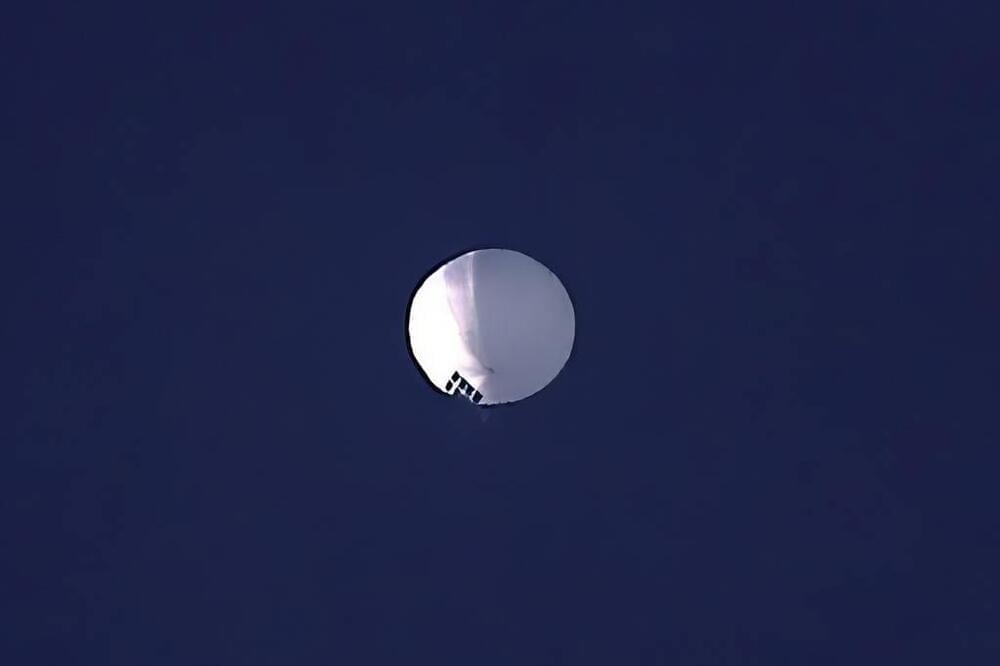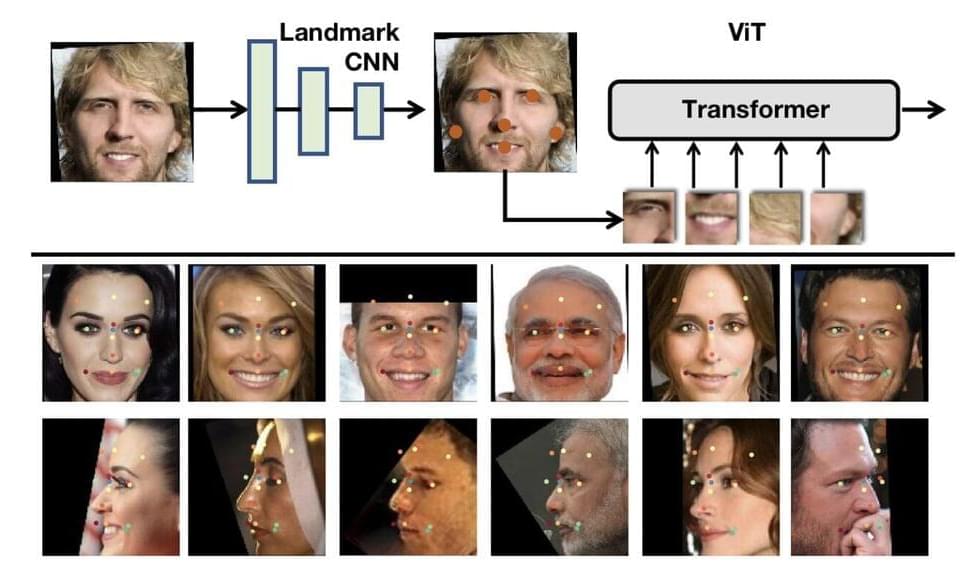Mar 22, 2023
Penultimate Delta rocket to launch next month on ULA’s first mission of 2023
Posted by Genevieve Klien in categories: government, satellites, security, surveillance
United Launch Alliance’s second-to-last Delta 4-Heavy rocket is scheduled to blast off from Cape Canaveral April 20 with a classified cargo for the U.S. government’s spy satellite agency, a mission that will mark ULA’s first flight of the year, officials announced this week.
ULA and the National Reconnaissance Office, the customer for the national security mission, announced the target launch date Tuesday.
The mission is known as NROL-68, and is expected to loft a large surveillance satellite into geosynchronous orbit, joining a fleet of government-owned spacecraft designed to eavesdrop on the communications of adversaries and foreign powers. But the NRO does not disclose details about its missions, and independent analysts use information about the rocket’s lift capability, trajectory, and similar past launches to predict the purpose of spy satellite missions.

















